raveller wants to read The Song of Achilles by Madeline Miller

The Song of Achilles by Madeline Miller
Achilles, "the best of all the Greeks," son of the cruel sea goddess Thetis and the legendary king Peleus, is …
Making knots into rainbows.
Ideas: alternative education, neurodiversity, non-violence, cultural studies, collaborative parenting, HAES, anti-racism, permaculture. Interests: memoir, BIPOC fiction, Palestine, California, Ireland, DCP stories, nature writing, creative geography, cookbooks, graphic novels, picture books, poetry, guidebooks. About: White cis woman. Unschooling parent. PhD in English/Feminist Theory, specializing in 19th-20th century California domestic fiction. Volunteer support group moderator at "Unschooling Every Family." Podcaster at "Untangling Oursleves." Healing CPTSD. Bagel maker and haphazard gardener.
This link opens in a pop-up window

Achilles, "the best of all the Greeks," son of the cruel sea goddess Thetis and the legendary king Peleus, is …
This is from Cynthia Voigt's author website, "Eagerly-awaited Questions":
"What, in your opinion, is the most important thing for an adult to say to young people?
"In my opinion, there are two most important things. One is: "I was wrong." Any variation of this will do, such as "I didn't know," "I should have known," "I wish I had known," and of course, "My mistake." The significant message is that adults make mistakes, (because nobody is perfect and nobody knows or understands everything), and that the adult response to an error is to acknowledge it, directly.
"There is no loss of face, or authority, in owning up to making an mistake. In fact, it is people who can never admit to doing anything wrong whom it is difficult to trust, in whose wisdom I have no confidence.
"Two follows directly and logically from One and is: …
This is from Cynthia Voigt's author website, "Eagerly-awaited Questions":
"What, in your opinion, is the most important thing for an adult to say to young people?
"In my opinion, there are two most important things. One is: "I was wrong." Any variation of this will do, such as "I didn't know," "I should have known," "I wish I had known," and of course, "My mistake." The significant message is that adults make mistakes, (because nobody is perfect and nobody knows or understands everything), and that the adult response to an error is to acknowledge it, directly.
"There is no loss of face, or authority, in owning up to making an mistake. In fact, it is people who can never admit to doing anything wrong whom it is difficult to trust, in whose wisdom I have no confidence.
"Two follows directly and logically from One and is: "I'm sorry." A truly grown-up person can understand that she/he is flawed and makes mistakes. There is no need to kid yourself about being perfect, is there? And aren't you sorry that you did whatever harm you did, when you were making your mistake? An apology is definitely in order."
--Cynthia Voigt www.cynthiavoigt.com/faqs.php
That's the sort of thing I hear from connection parenting groups, podcasts, etc: apologize to your kids. That's one of the most powerful things you can do.
It's also something I hear not happening in support groups for abuse survivors. Parents who have never apologized for anything.
It's not just Voigt's website, children's rights are all over "Homecoming." So how did a children's author in 1981 figure this out?
This book was stunning to me because of that time loop feeling, that all our progress on the internet as progressive parents is looping into a children's rights movement that maybe we don't know when it started, and maybe it never stopped. Sometimes it's on the internet in instagram reels and coaching website and support groups. Sometimes it's in a young adult novel from 1981. Sometimes it's in work like Janusz Korczak from 100 years ago.
"Homecoming" is also an indictment of capitalist individualism. The children travel an improbably journey, on foot mostly, from 500+ from Massachusets to Maryland. If you've ever traveled on foot you know how big a strip mall parking lot is on a hot day. The suburban and small town, utilitarian landscape becomes it's own obstacle, and the way almost no one considers it their business that children ages 6-13 are walking alone is both horrifying and a blessing to these kids who don't want to be caught, put in foster homes, and almost inevitably separated.
But it's not just that they are walking and it's brutal, or they are ignored and it's brutal. It's that motivation behind their walking, that being a single mother in capitalism broke their mother. That their core sense of self, their bonds to each other, and their emotional growth together wouldn't matter to the system if they get caught by the system. Their humanity doesn't count. They are something to be dealt with and filed away.
To top it off, this book grapples with systemic ableism and inclusion beautifully. It also hints at how intersectional oppression enables sexual violence against children--something else it feels like we are just now learning, or we are crashing into at full speed in this moment in history.
There's an element of fantasy to the whole book, fantasy that any of this is possible. But the fantasy allows children's liberation to emerge as a force shaping the world of these characters.
There's also a fantasy of repair. There's lots of disney movies, like Encanto most recently, where children's adventures, moral clarity, and love persuade an emotionally abusive parent figure to apologize and do better. It's a nice fantasy, I wish it were true more often. The structure of this book in a way sacrifices every painful step of the 500 miles, every lesson learned, every bit of strength of the main character to that fantasy of "if only" a parent figure could do better. In a way it's toxic hope, the kind that puts all the burden on the child or adult child to do better because somehow someday it will fix an emotionally abusive parent. But there's not magic solution. And one of the things i love most about this book are Dicey's words about conflict and love toward the end:
"Can't you love somebody and fight with them? I fight with Sammy, and with James. I make Maybeth do things she's scared to do. Bu that's because I love them. If I didn't love them I wouldn't bother. And they fight back--like James walking out here instead of waiting, that's fighting back. It was OK too, because it was his own decision. I want him to make his own decisions." (296)
What makes it not a Disney movie, not an easy fix toxic hope fantasy, is that there's no idealized character. Dicey is a 13 yo attempting to take on parenting three younger children, and she yells and is cruel sometimes. But somehow is able to find a moral center in connection, something so many of us parents are looking for right now.
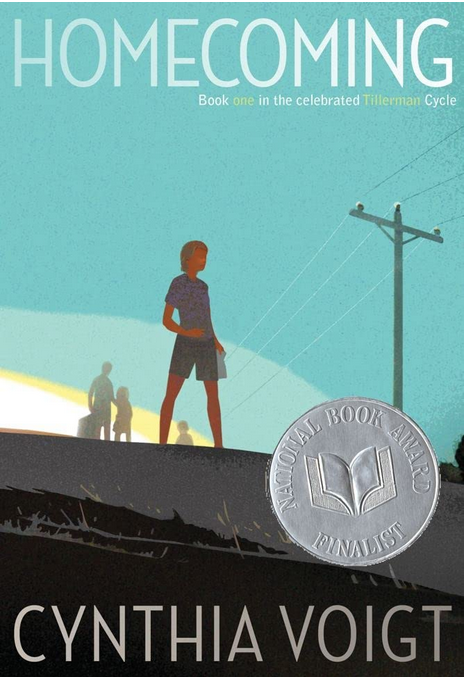
Homecoming is a 1981 young adult novel by American children's author Cynthia Voigt. It is the first of seven novels …
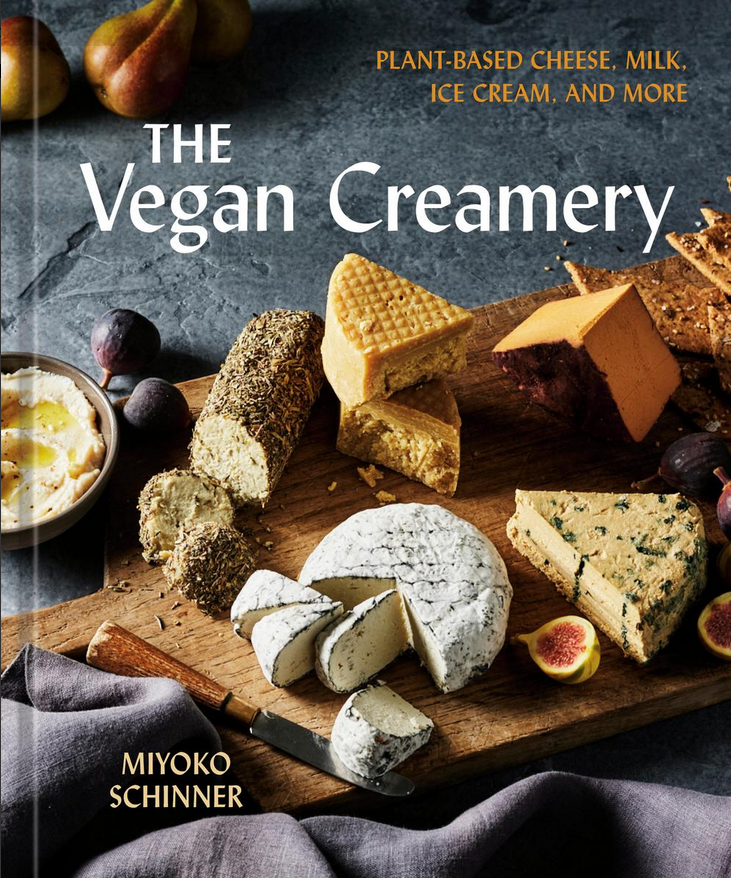
A delectable collection of over 75 plant-based recipes for vegan butters, creams, cheeses, desserts, and more, from the award-winning chef …
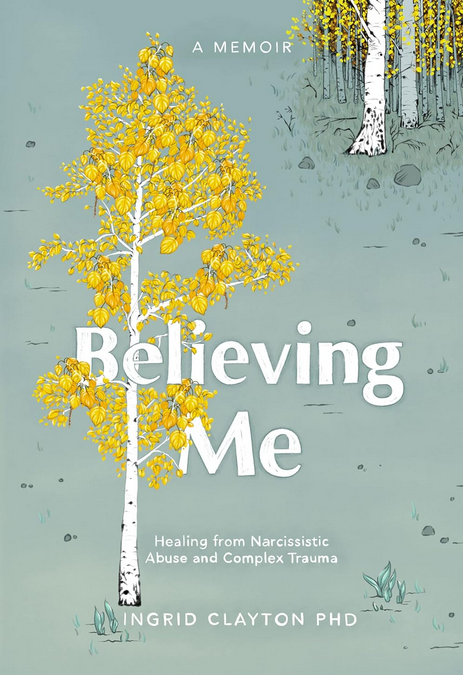
“Why don’t you come sit on my lap, so you don’t have to crank your neck?” I didn’t have bruises. …
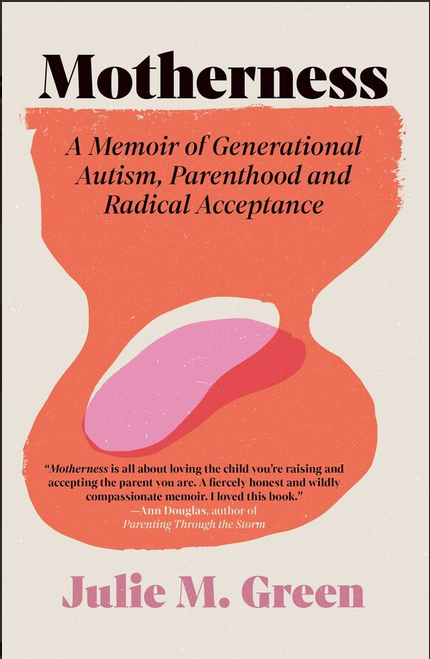
“As more women are recognizing their own neurodivergence, Julie has gifted us with a beautifully written and incredibly relatable memoir. …
Edited excerpts:
There is no housing or affordability crisis. What renders housing unaffordable are landlords who charge too much and governments that allow it to happen. It is a poorly regulated market that extracts income from working-class people and channels it to the capital-owning class. As far as the landlord class is concerned, the housing market is working just fine. A housing system that serves all but one group is not in a state of crisis; it is one based on structural inequality and economic exploitation.
Our laws, institutions, and moral standards permit and legitimise wealth accumulation through rent collection. The purpose of the rental market is not to ensure the highest possible number of people are securely housed, but to allow landlords to extract profit from a basic human necessity: shelter. Landlords are not only allowed to enrich at the cost of people who need a roof, …
Edited excerpts:
There is no housing or affordability crisis. What renders housing unaffordable are landlords who charge too much and governments that allow it to happen. It is a poorly regulated market that extracts income from working-class people and channels it to the capital-owning class. As far as the landlord class is concerned, the housing market is working just fine. A housing system that serves all but one group is not in a state of crisis; it is one based on structural inequality and economic exploitation.
Our laws, institutions, and moral standards permit and legitimise wealth accumulation through rent collection. The purpose of the rental market is not to ensure the highest possible number of people are securely housed, but to allow landlords to extract profit from a basic human necessity: shelter. Landlords are not only allowed to enrich at the cost of people who need a roof, but are often praised for it.
30 percent of a household's income is the often recommended figure to earmark for the cost of housing. The problem with the widespread use of this number is that it focuses on how much tenants pay, neglecting the other side of the equation, namely, how much landlords profit. The omission of landlords and their profit margins maintains a false veneer of neutrality, depoliticising the affordability debate to avoid the fact that landlords raise rents faster than inflation and wages—and bosses suppress wages—because they can. Because governments allow them to. Because the property-owning class forged a long-lasting consensus against public housing.
Using the narrative of a 'housing crisis' exempts landlords and governments from responsibility, alongside offering only technical solutions, when the problem is clearly political. Among technical solutions, funding new builds and providing government subsidies further funnel money to developers and landlords. The landlord class fights fiercely for its right to appropriate tenant income and turn it into personal wealth, and in doing so, it counts on the support of most of the political class.
The media frequently asks, 'But what about the landlords?' The housing security of private landlords should not be equated to that of financially insecure tenant families. One is accumulating wealth and has two or more homes to choose from; the other is at the risk of becoming homeless.
The challenge for the tenant class is not to find a solution for the so-called housing crisis but to enact the sustainable, long-term solutions we know work: moving as much housing as possible outside of private markets to not-for-profit social housing, enforcing strict rent controls, and organising tenants to ensure sanitary conditions and access to shelter.
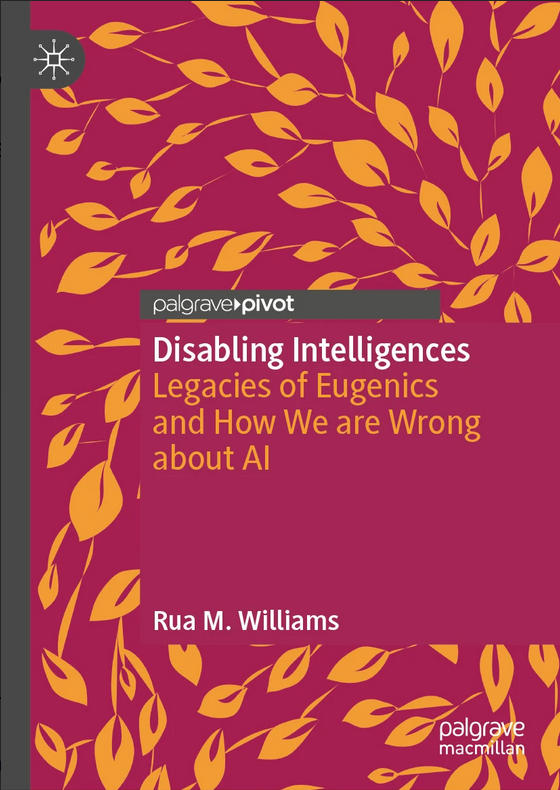
This book discusses the influences of eugenics on the AI industry and the impacts of AI opportunism on disabled people. …

Following the death of her closest friend, Sloane Crosley explores multiple kinds of loss in this disarmingly witty and poignant …
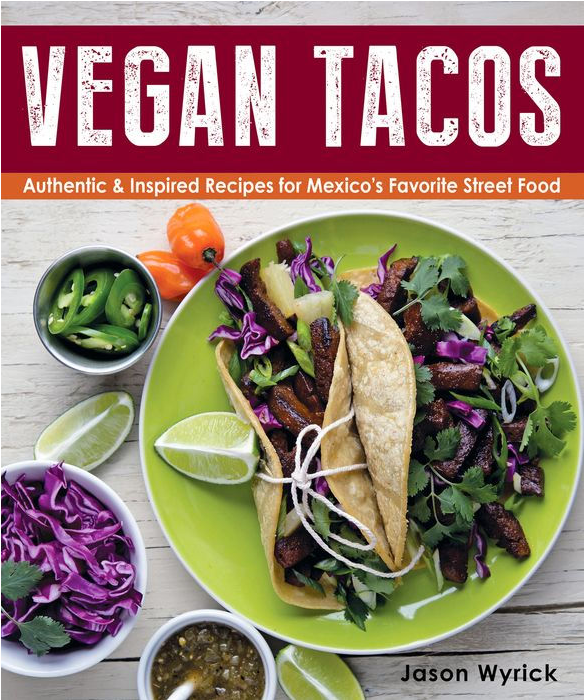
"Celebrated chef Jason Wyrick showcases the liveliness of Mexican flavors and textures with recipes for traditional and creative tacos you …